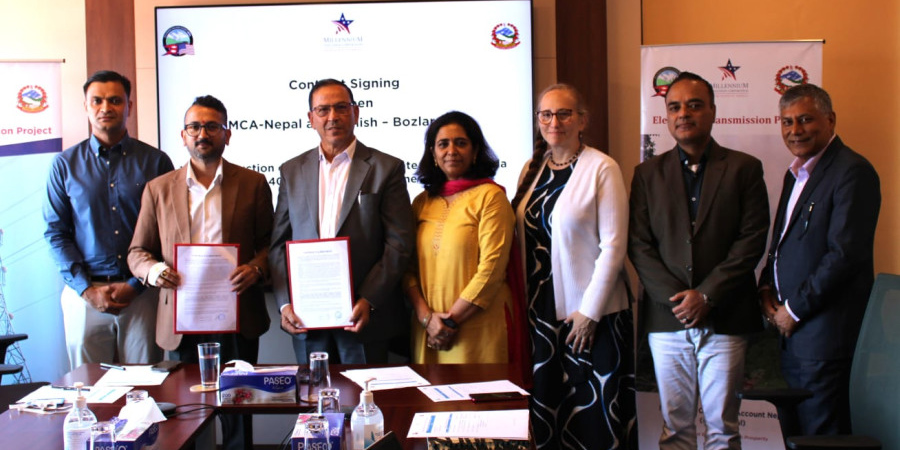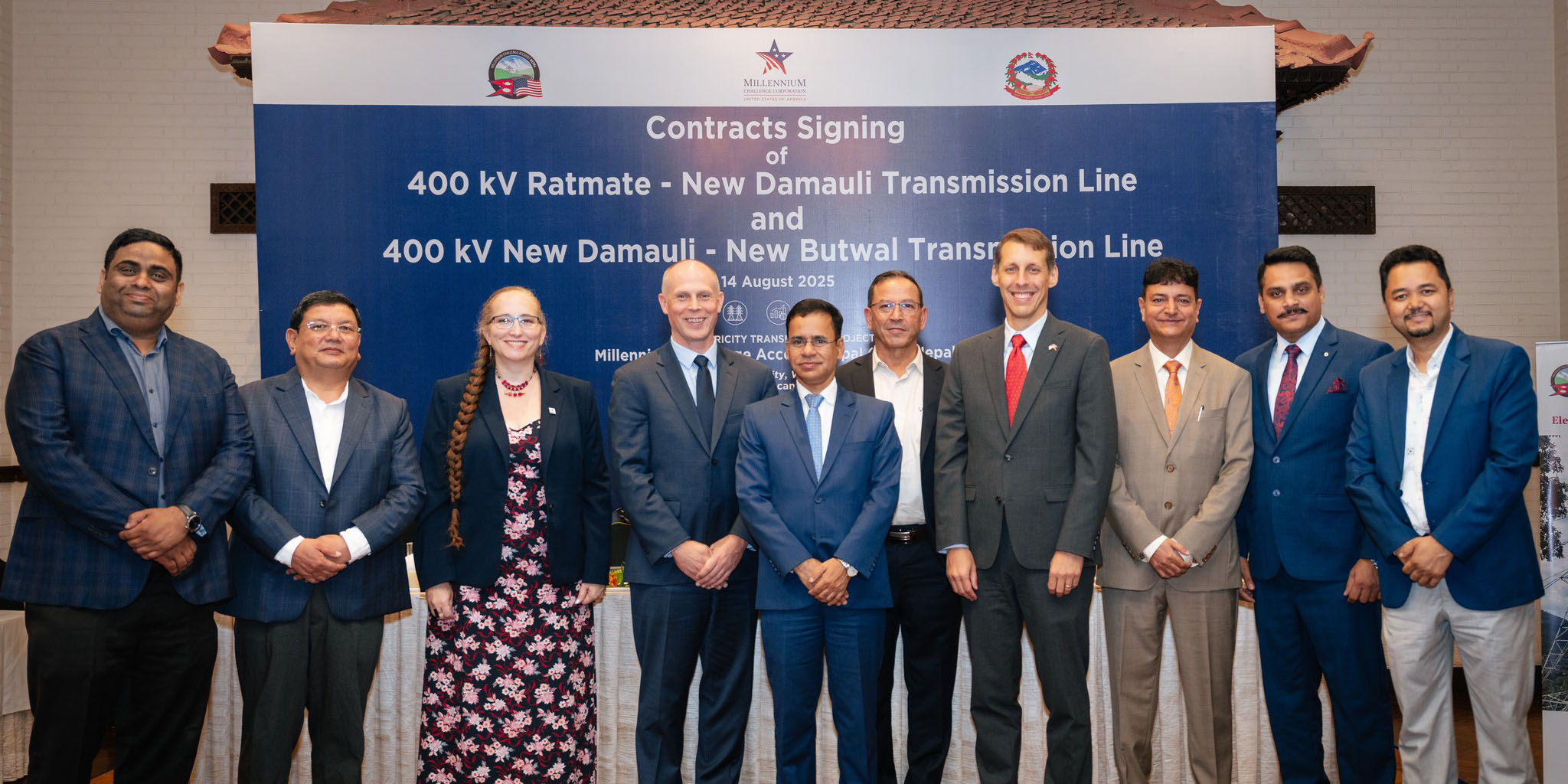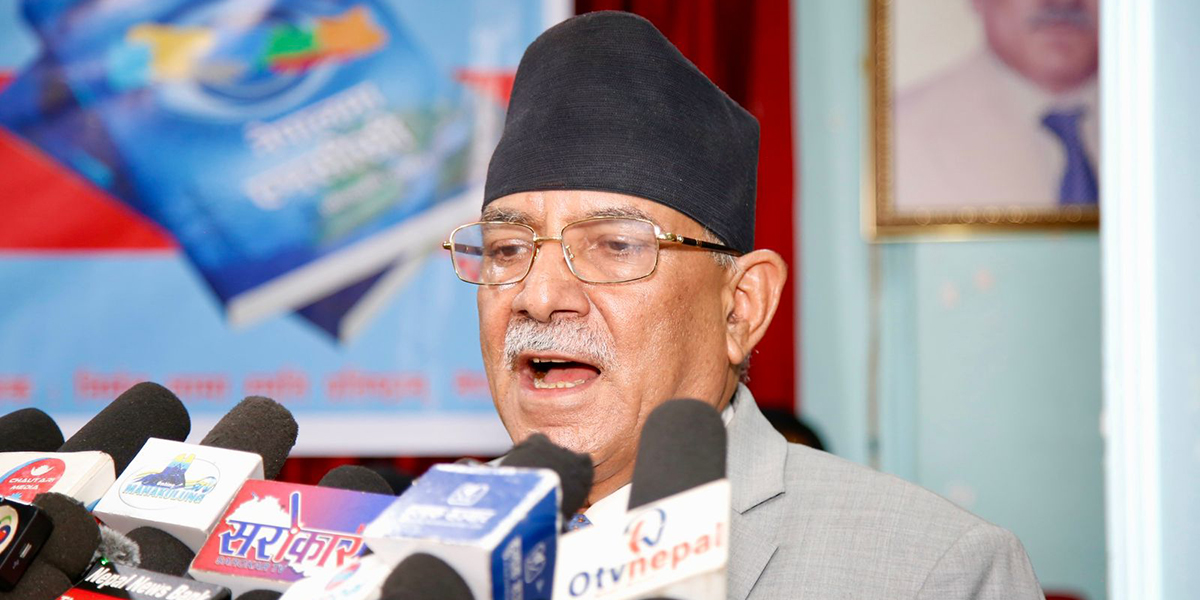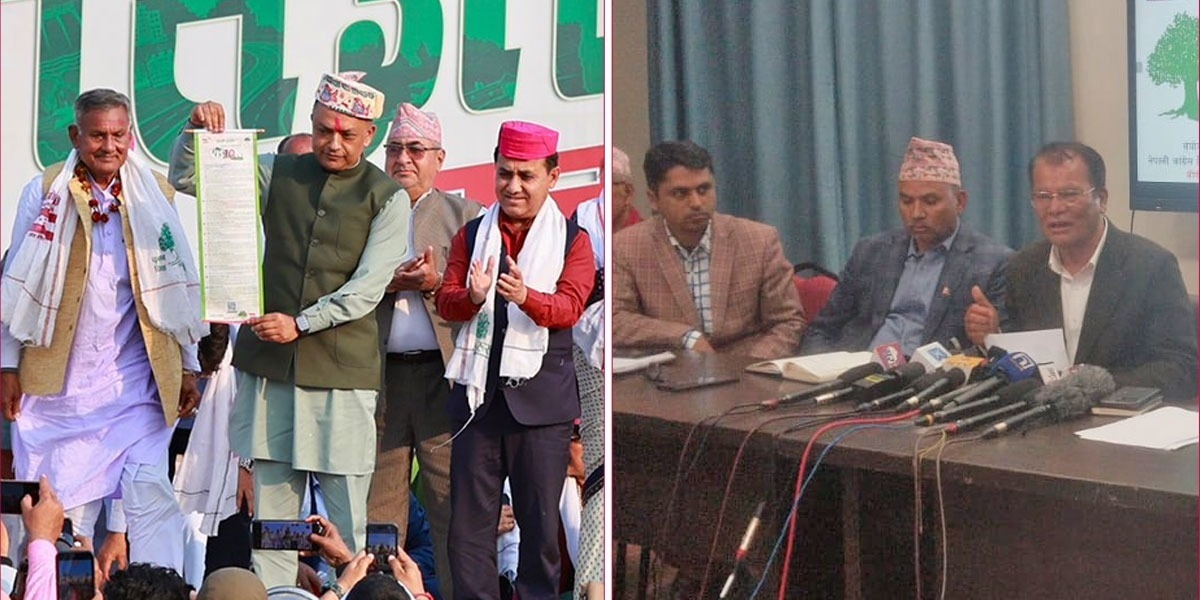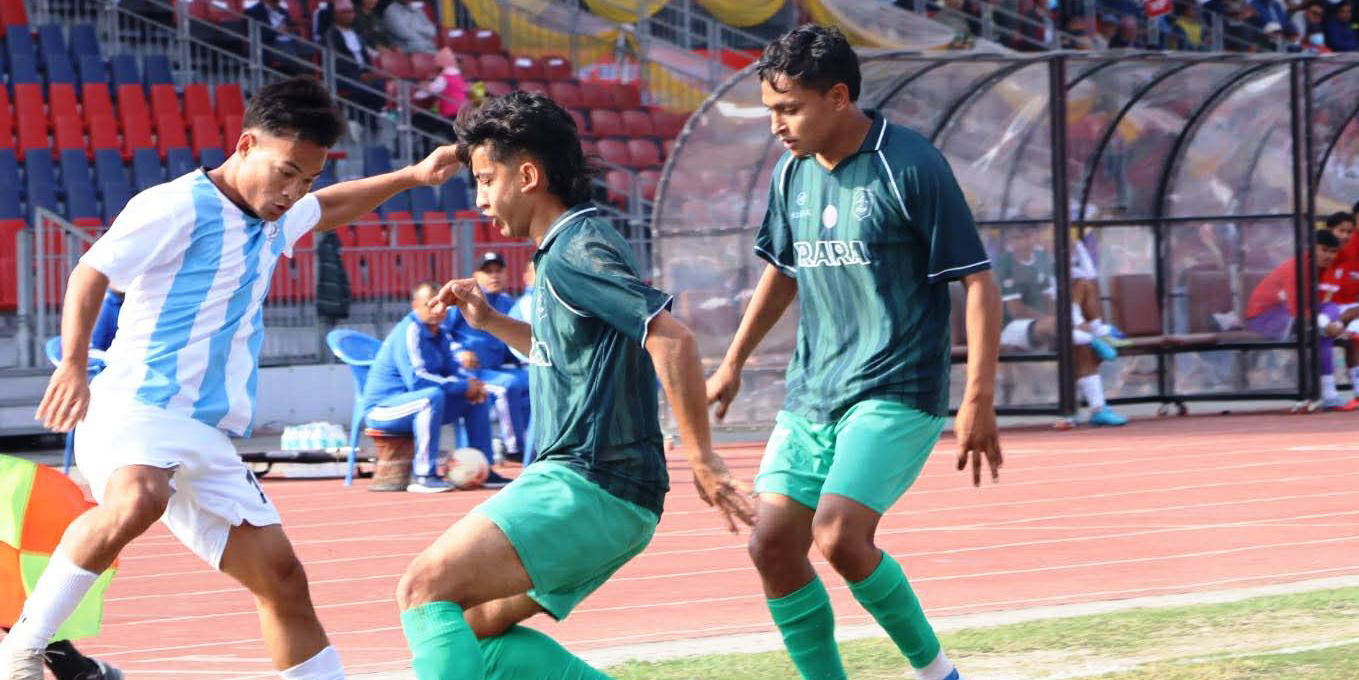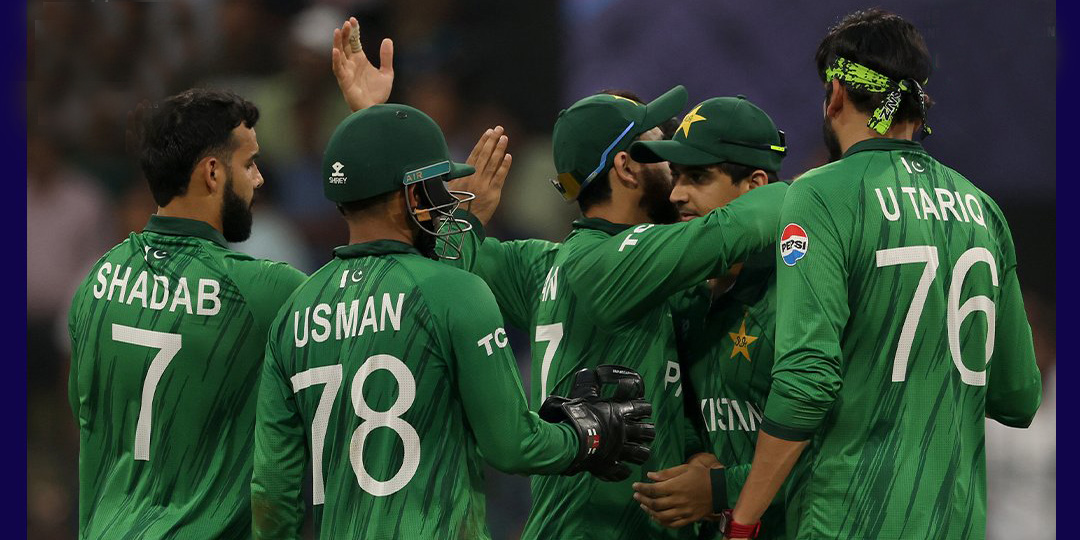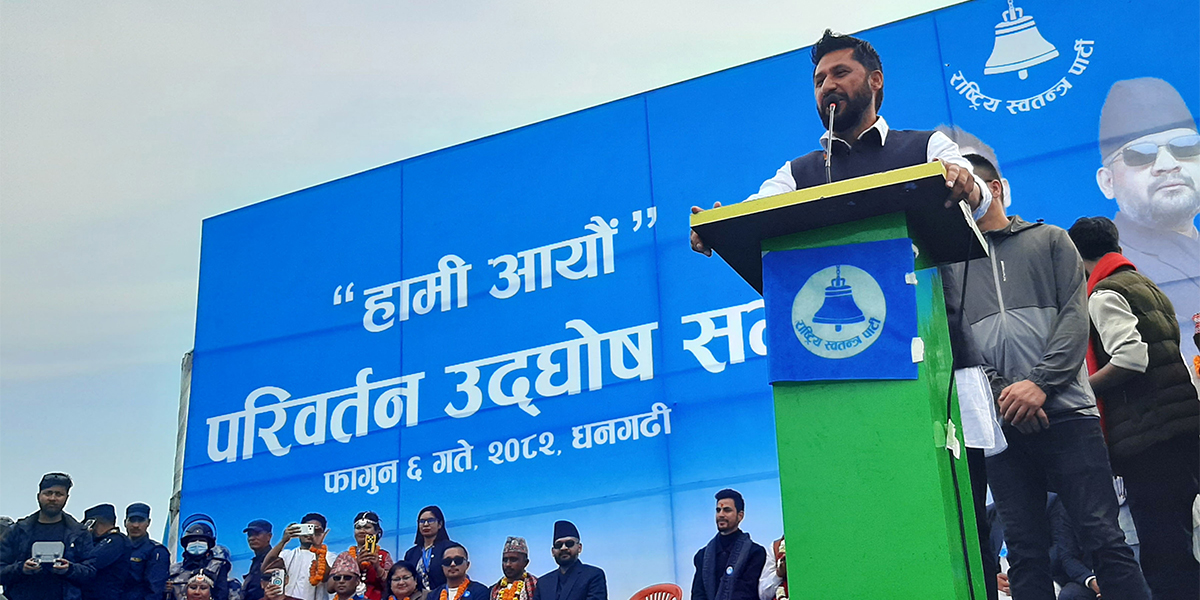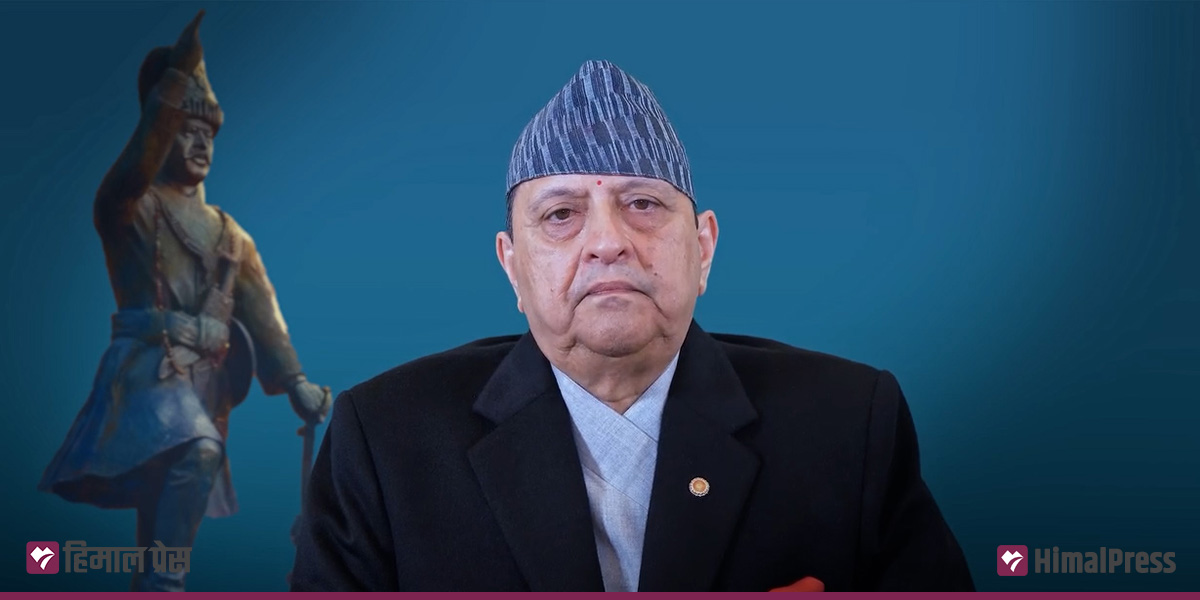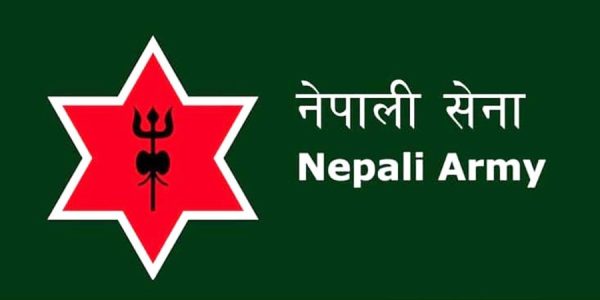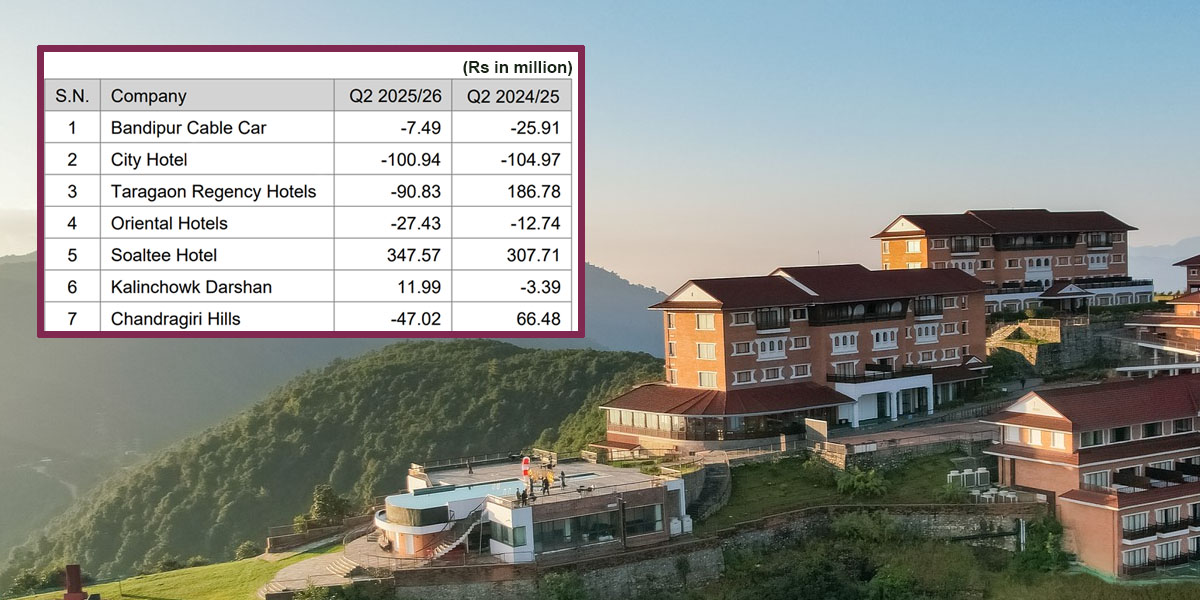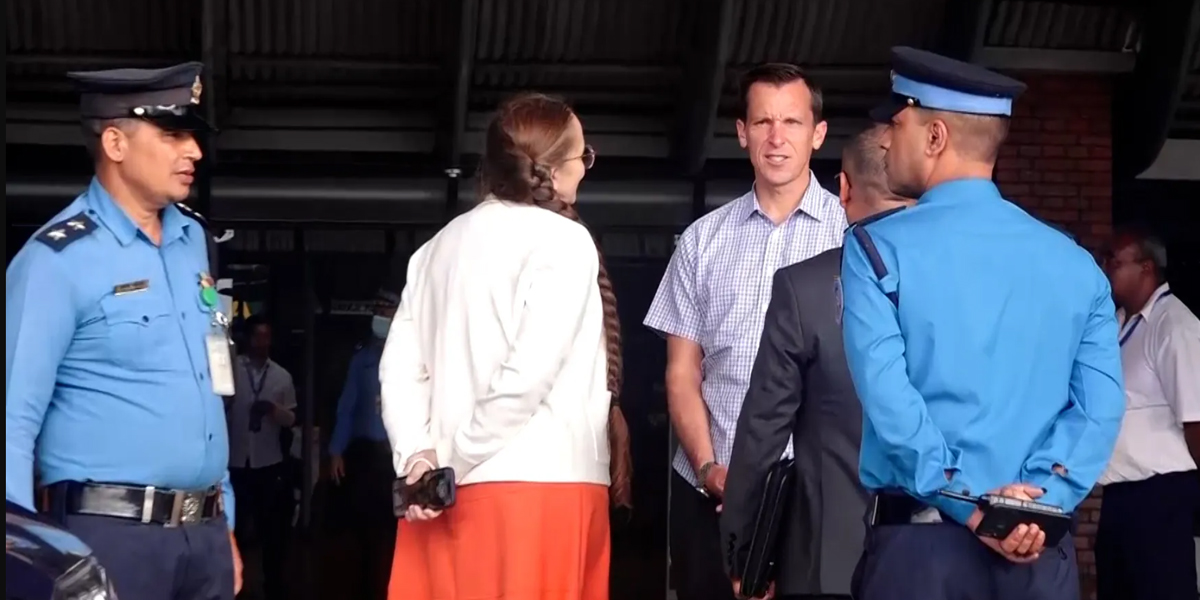 Cameron Alford, Vice President of Compact Operations of Millennium Challenge Corporation, arrived in Kathmandu on Tuesday.
Cameron Alford, Vice President of Compact Operations of Millennium Challenge Corporation, arrived in Kathmandu on Tuesday.
KATHMANDU: Cameron Alford, Vice President of Compact Operations at the Millennium Challenge Corporation (MCC), arrived in Kathmandu on Tuesday for a three-day visit.
Alford arrived in Nepal to participate in the official program being organized on Wednesday to mark the commencement of the entry into force (EiF) of the Nepal Compact on Wednesday. According to the US Embassy in Kathmandu, Alford will also visit other projects being implemented with US assistance and tour various heritage sites in Kathmandu Valley.
Alford is also scheduled to meet Prime Minister Pushpa Kamal Dahal, senior leaders of parties in the ruling coalition, as well as the leader of the main opposition.
The board of directors of the Millennium Challenge Account Nepal Development Committee (MCA Nepal), which convened on August 16, set the Compact’s EiF date for August 30.
The MCC is finally entering implementation after years of disputes among political parties. Initially, many in Kathmandu compared the MCC with China’s Belt and Road Initiative (BRI). Despite being entirely distinct programs, many interpreted the two programs as strategic moves involving traditional and emerging forces.
Leaders from the CPN (Maoist Center) initially portrayed the MCC as part of a plan to bring the US Army into the country. Many so-called experts made baseless comments about the US project on various social media outlets. Nevertheless, experts maintain that the MCC is a tangible and much-needed project for Nepal.
Due to the Maoist Center’s prolonged protests against the MCC agreement, the US is cautiously advancing the project while the Maoist Center leads the government.
The implementation of MCC projects will be supervised by the Millennium Challenge Account Nepal Development Committee, under the Ministry of Finance, incorporated under the Development Committee Act of 2013. The US is providing financial support of $500 million to execute the MCC agreement, while the Nepali government is contributing $19.7 million.
Nepal is executing two projects under the MCC: the upgrading of an 80-kilometer section of the East-West Highway and the construction of a 315km 400 kV transmission line along with its three substations.
The Nepal Compact was signed by then Finance Minister Gyanendra Bahadur Karki and MCC CEO Jonathan Nash in Washington, DC on September 14, 2017. Interestingly, the agreement was signed during the tenure of the Nepali Congress government and was presented in Parliament when CPN-UML was in power. Now, a government led by the Maoist Center is overseeing the implementation of the Compact.

 Himal Press
Himal Press 
